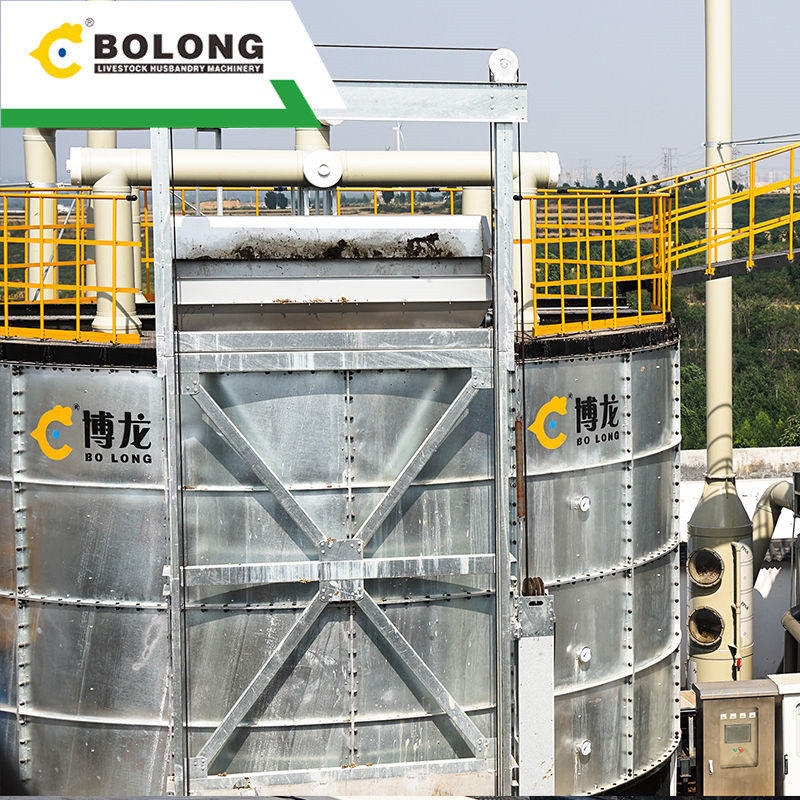
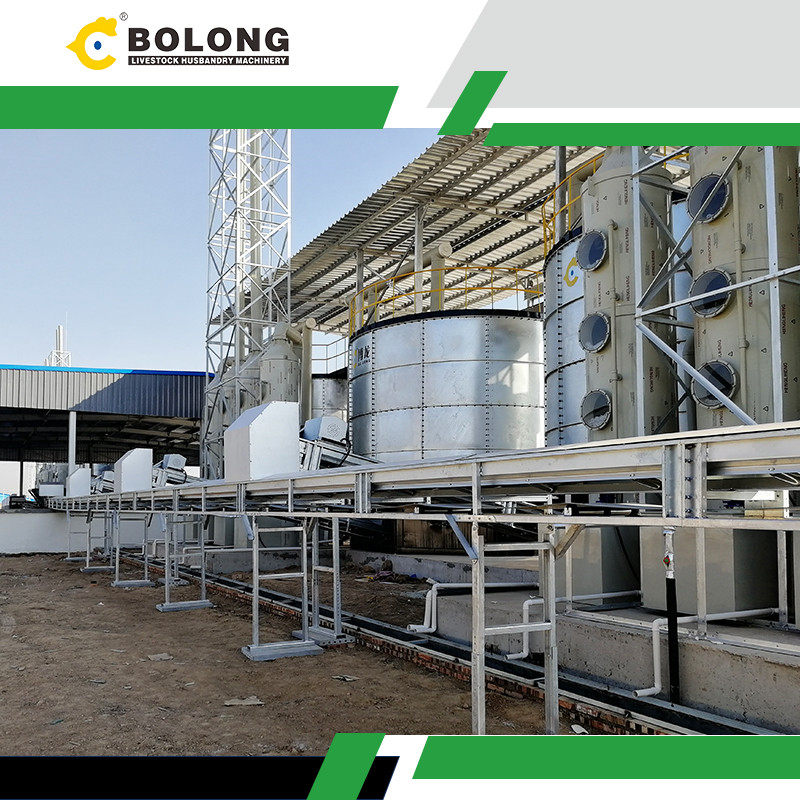
2013/2/6/ · From mills and mash mixers to can- and keg-filling equipment, there is a veritable warehouse full of machinery in the brewing process — if it’s to be efficient,
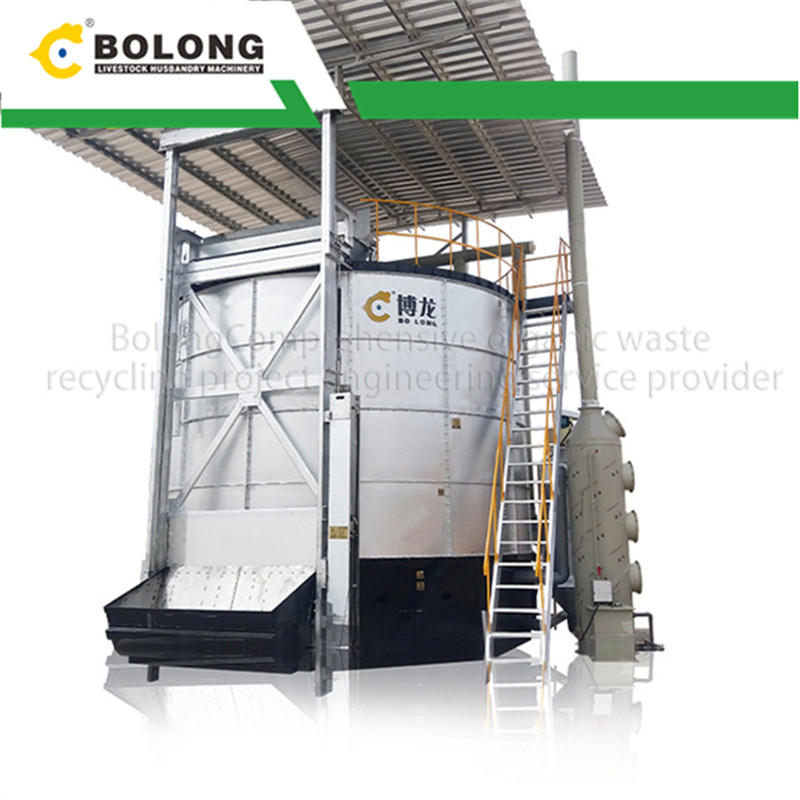
2019/1/28/ · A unique property of concrete tanks is their porous nature, which allows small amounts of oxygen to enter the tank and the wine during the fermentation process. In terms of temperature, concrete slowly warms and also slowly cools to create a more gradual fermentation process. Another common benefit to using concrete tanks is to get a

2024/2/21/ · Fermentation vessels come in a variety of sizes, from small jars for single batches to large barrels for bulk fermentation. When choosing a vessel, consider the amount of produce you will be fermenting and the available space for storage. It’s also important to note that the size of the vessel can affect the fermentation process.
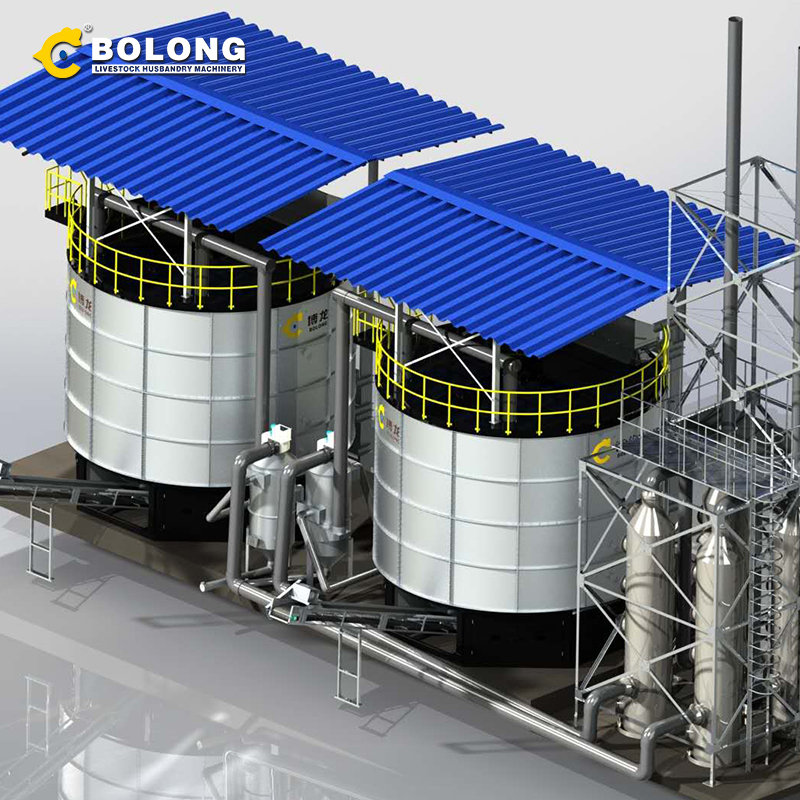
2023/8/21/ · A large fermentation vessel, often referred to as a fermenter or bioreactor, is a container or tank that facilitates the fermentation process. Used predominantly in the brewing, wine-making, pharmaceutical, and biofuel industries, these vessels provide the ideal conditions for microbial organisms to convert substrates into
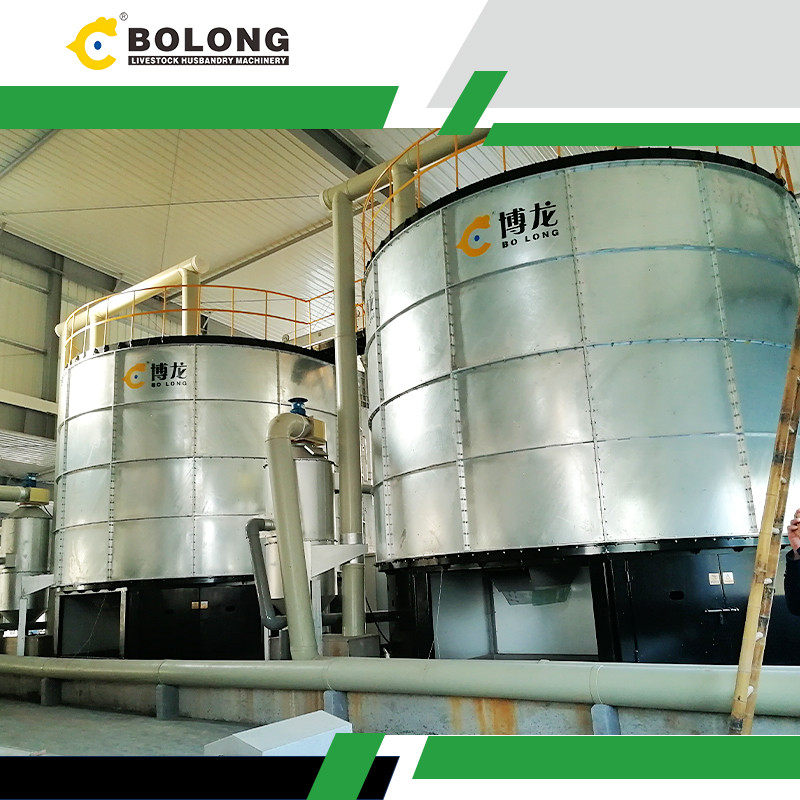
2023/11/20/ · Fermentation defined. Fermentation is a natural process that has been used for centuries to transform raw ingredients into a wide array of products. In the context of brewing beer, fermentation is the conversion of sugars into alcohol and carbon dioxide by yeast. This magical transformation is what gives beer its unique flavors, aromas, and

Selecting the right fermentation vessel can significantly impact the quality and flavor of your final product. This guide will help you understand the different types of
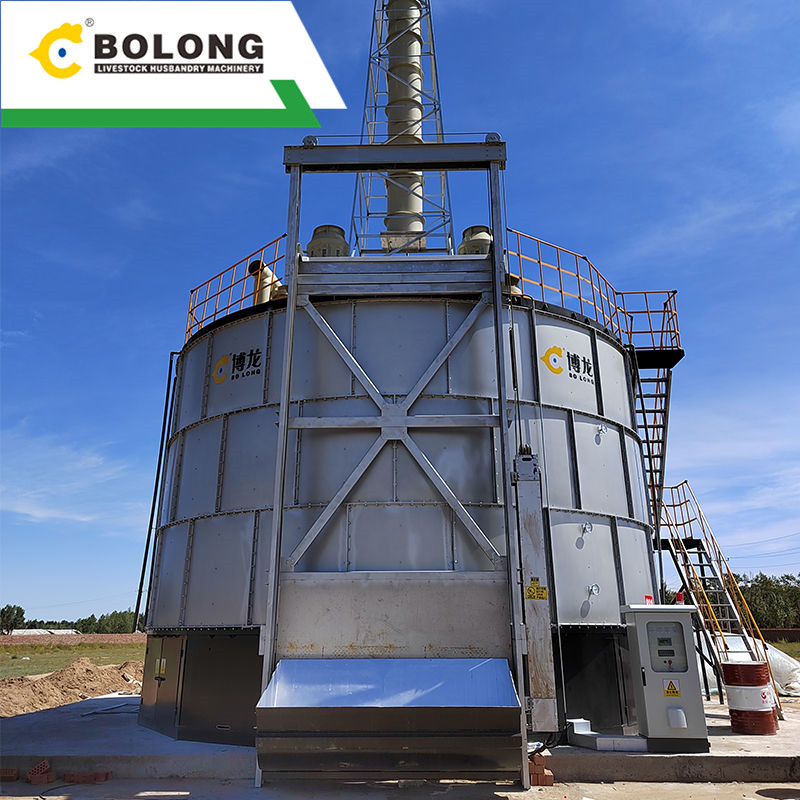
2023/12/31/ · The type of vessel used can greatly impact the outcome of the fermentation process. Whether you are a beginner or a seasoned pro, choosing the right vessel for fermentation is crucial. In this article, we will explore the top 10 fermentation vessels that are suitable for both beginners and professionals alike.

Sizes, Materials of Construction, and More. When ordering our fermentation vessels, stainless steel bioreactors, or batch reactors, here are just a few things you can expect: Vessel sizes from one liter to 30,000 liters. ASME-certified welders and BPE certified materials. International standards available upon request include PED/CE/CRN/MOM/NR

Glass and lead-free ceramic are best. Avoid plastic, as the acids in the fermented foods may leech plastic into your food. Here are my favorite fermenting vessels. They are all air-tight, as that is my preference. (However, I don’t use air
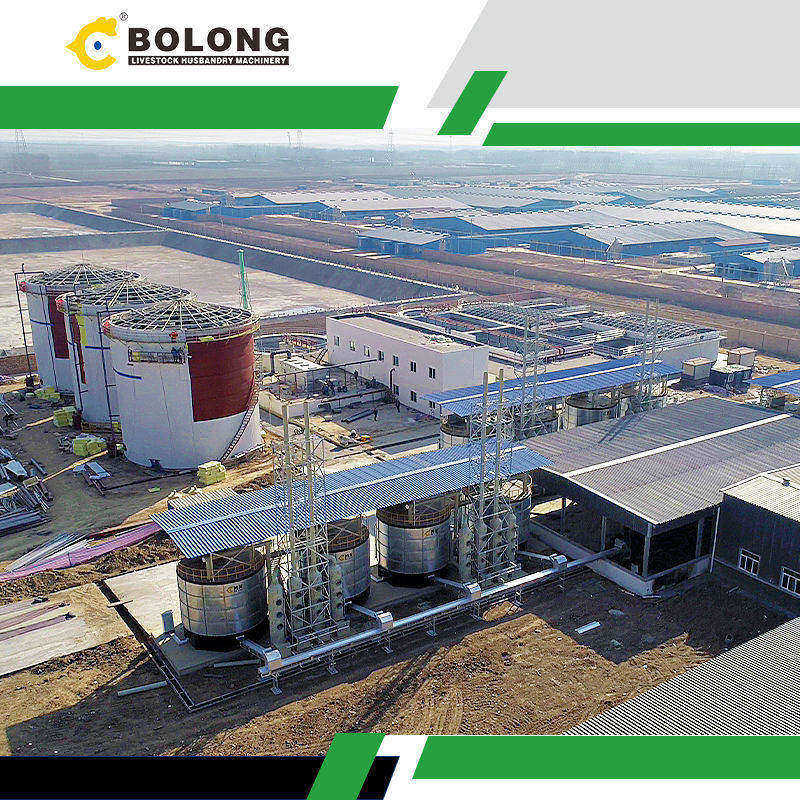
1. Mason Jars. The most affordable fermentation vessels are repurposed kitchen items such as mason jars. However, these can only contain small amounts of wort, which isn’t ideal for large batches of home-brew. Since brewing can take anywhere from 1 to 3 weeks, most people prefer to brew larger batches. You can easily turn mason jars into

vitamin K2 (MK-7) The Japanese Original. Developed through a natural fermentation process over 20 years ago, menatto® is the genuine Japanese vitamin K2 (MK-7). It is made in Japan, using a bacterial strain isolated from the traditional fermented Japanese food natto. It has been researched in Japan, by some of Japan’s most respected scientists.

oldest wine fermenter type (used for over 8000 years) great insulation (low-temperature fermentations) naturally stable. micro-oxygenation and concentration. difficult to procure. labor-intensive wine production. small volume. hard to sanitize (can crack under hot water) recommended for organic and natural winemakers.

2024/1/22/ · The vessel also includes a valve at the bottom, usually referred to as a racking valve, which allows for the easy transfer of beer without disturbing the sediment. Let's take a closer look at the benefits of using conical fermenters. One of the main advantages is the ability to perform primary and secondary fermentation in the same

2023/12/31/ · Fermentation vessels are containers used to hold and store fermenting foods. These vessels are specifically designed to create an optimal environment for the fermentation process to take place. They allow for the growth of beneficial bacteria and other microorganisms that aid in the fermentation process and create the unique flavors …